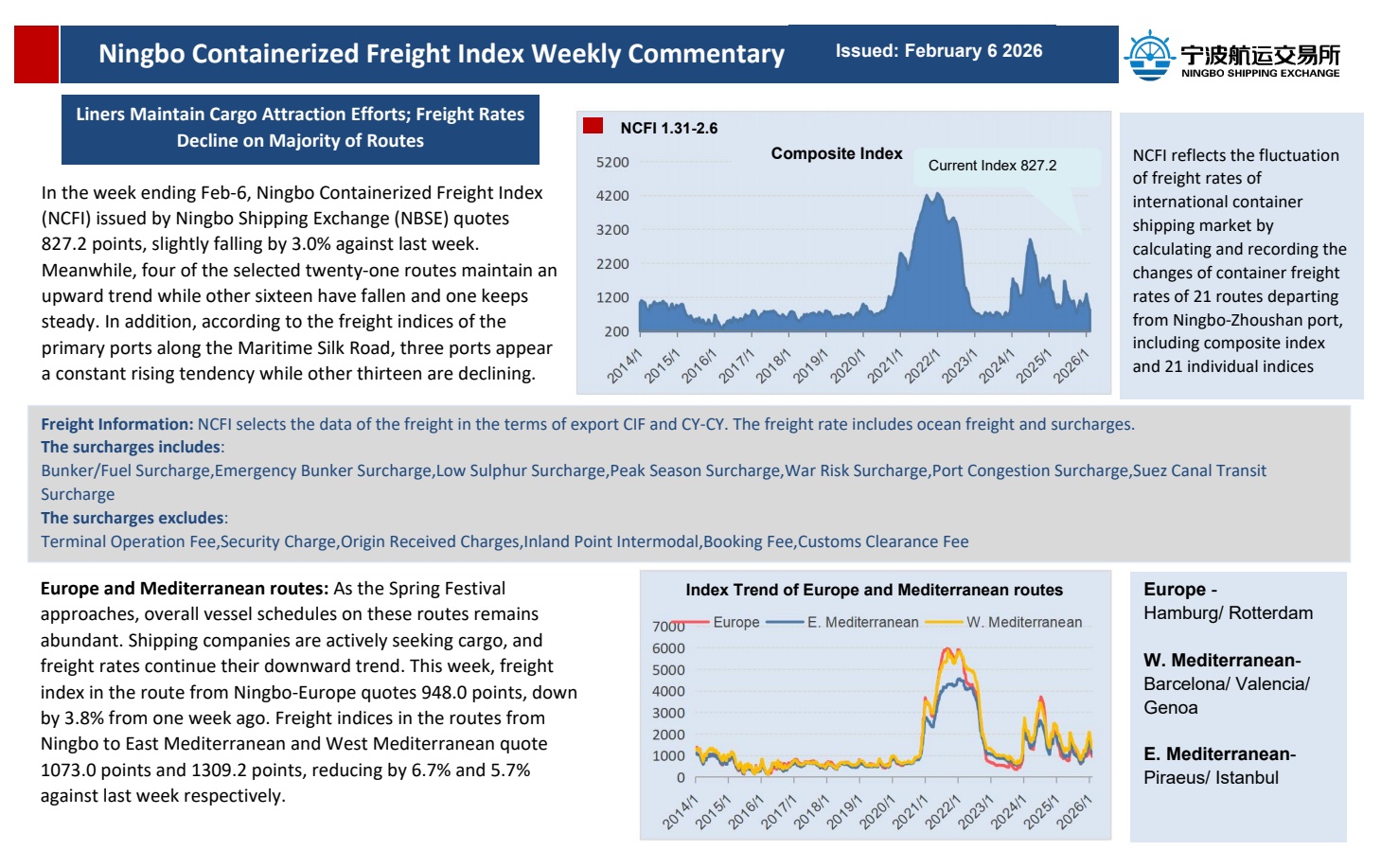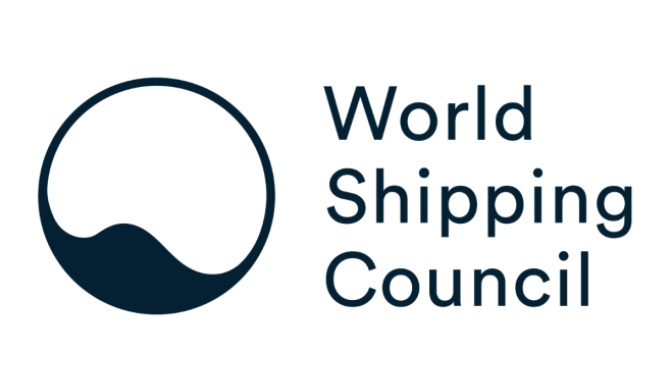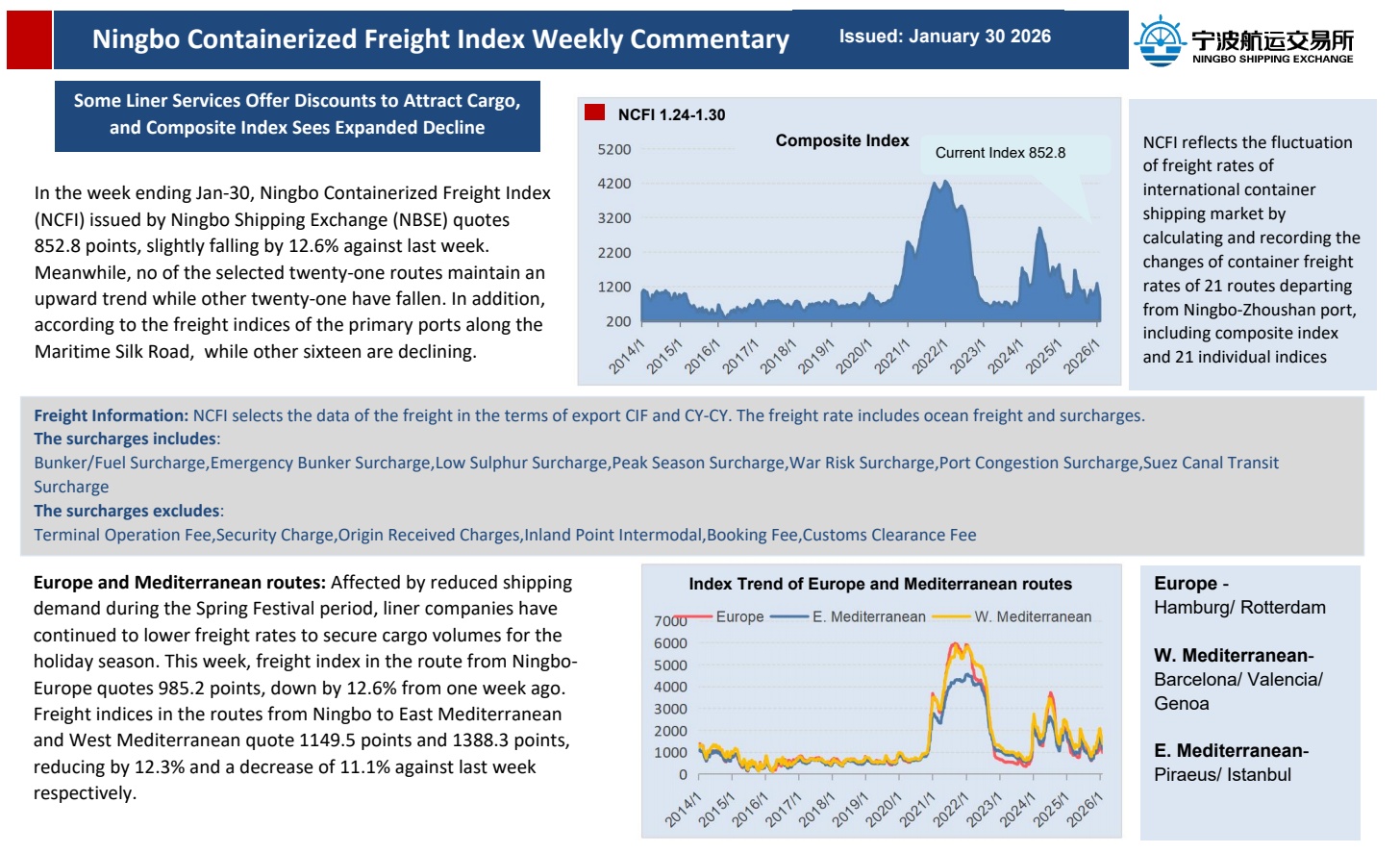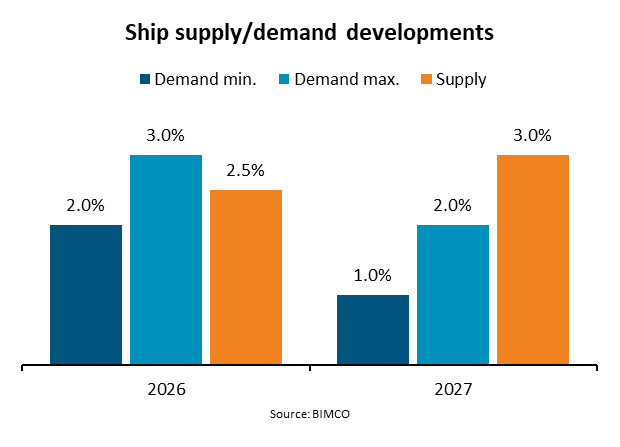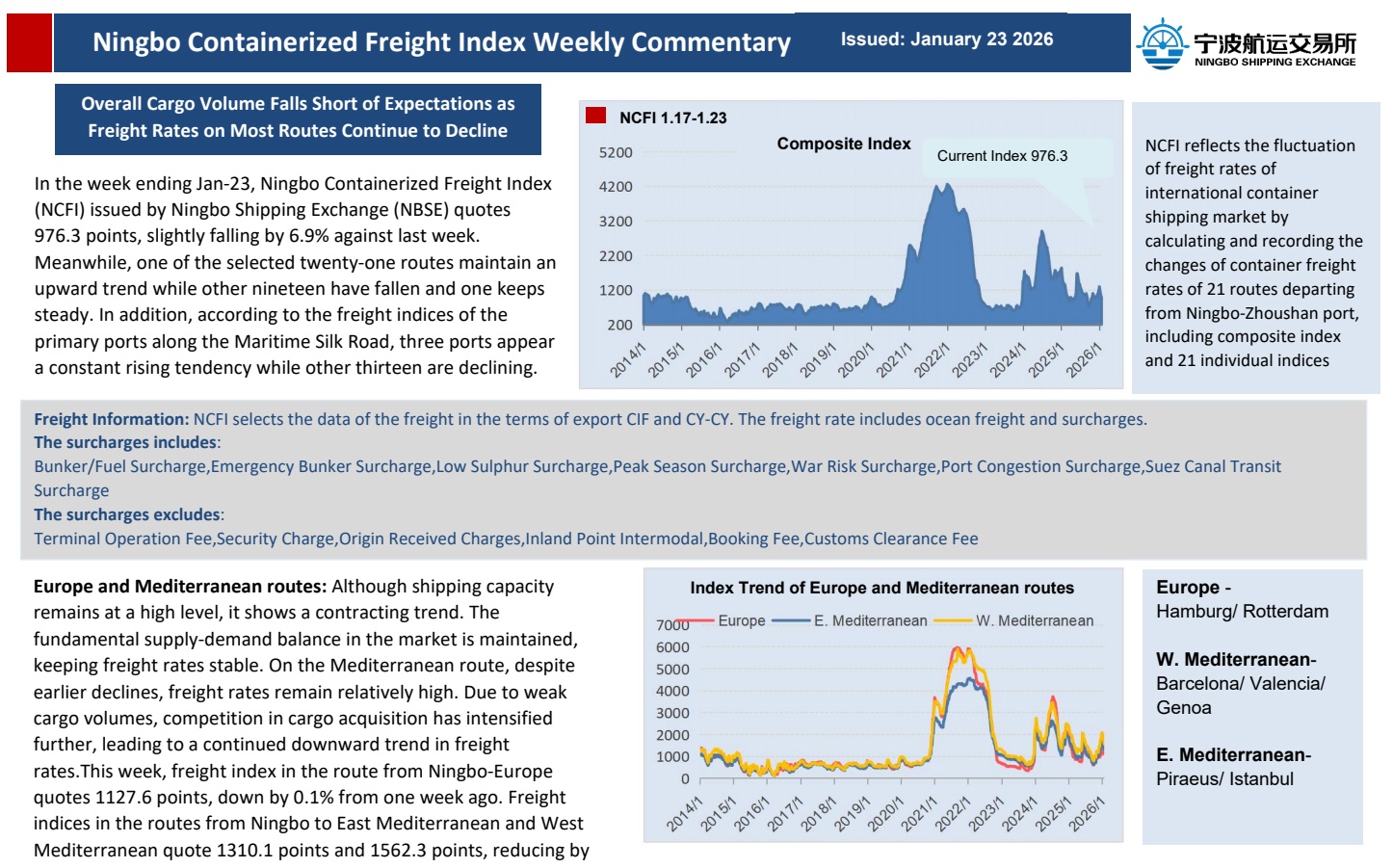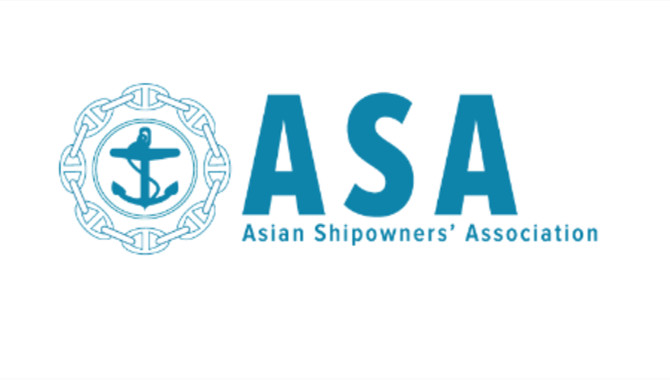
As matter of principle, the Asian Shipowners' Association (ASA) strongly opposes any proposal for the unilateral or regional regulation of international shipping that may undermine the authority of International Maritime Organisation (IMO), which has been given responsibility by UNFCCC Parties for regulating the reduction of international shipping's GHG emissions, as these emissions cannot be attributed to individual national economies.
As the industry's global regulator, IMO is the only appropriate forum for the development of a market-based measure (MBM) applicable to international shipping – this is a position shared by most IMO Member States. In this regard, the development of a global MBM is already included as a mid-term candidate measure under IMO's Initial Strategy.
As such, the ASA Safe Navigation and Environment Committee (SNEC) is very concerned that the inclusion of shipping in the EU ETS is being taken forward with little apparent understanding of the implications for the ongoing negotiations at IMO to eliminate GHG emissions from the sector globally, or the wider ramifications for the EU's relationships with its trading partners.
In particular, as representatives of Asian shipowners, the ASA is concerned that the application of the EU ETS to non-EU flag ships is essentially an extraterritorial tax when the EU needs to encourage global trade, not create new barriers. Furthermore, ASA is concerned that, if the EU goes ahead with this extraterritorial approach, other nations around the world might feel entitled to emulate this unwelcome precedent, applying their own ‘carbon charges’ to international voyages, which originate or terminate at ports outside their territory, creating chaos and fragmentation of the global maritime regulatory framework.
Rather than incentivising the transition to zero-carbon technologies, the extension of the EU ETS to shipping will only serve to impede the process of decarbonisation of international shipping, putting the EU in conflict with the achievement of both IMO and UNFCCC climate change objectives, as the incorporation of shipping into the EU ETS will have profound implications for the future authority of IMO. This could potentially derail the concerted efforts by all IMO Member States, including European nations, to eliminate CO2 emissions from shipping completely.
For our part, the preference of the ASA SNEC would be for the adoption of an International Maritime Research Fund to drive innovation, paid for by a mandatory contribution on fuel used by ships, into technology the industry needs to cut carbon emissions by 50% in 2050 and ultimately eliminate those emissions, supported by a levy-based system linked to fuel consumption/CO2 emissions, as this is the form of MBM which the shipping industry has determined will be least likely to create unfair competition or distortion of global shipping markets.
The opinions expressed herein are the author's and not necessarily those of The Xinde Marine News.
Please Contact Us at:


